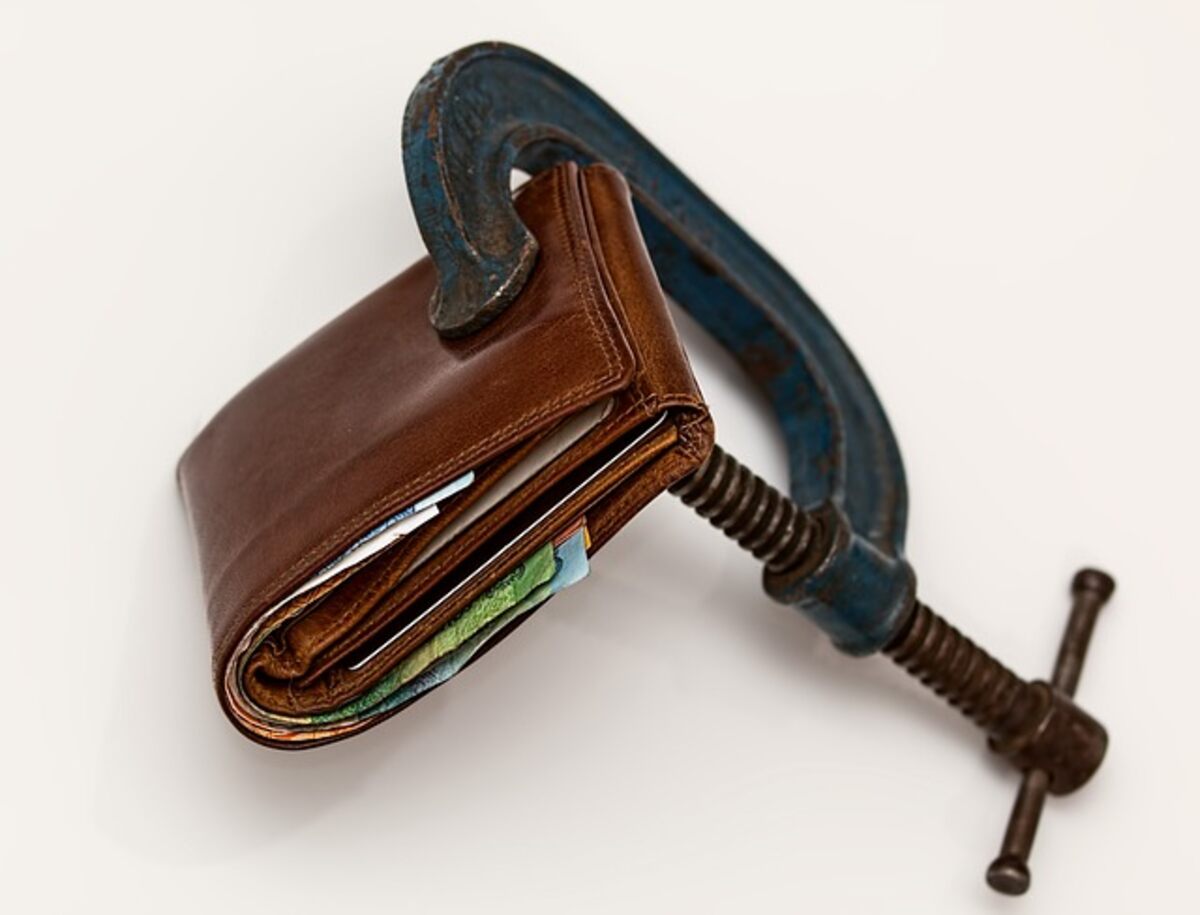In the United States, debt is quickly becoming the most pressing issue. The typical American household owes at least $8,000 in credit card debt, and recent graduates sometimes carry upwards of $5,000 in card balances into their first year out of school.
Regarding debt, I agree with what Dr. Mike Murdock, founder of the wisdom center, says: “Bad debt is a sign of lack of financial wisdom.” When we are at a loss for how to invest our funds best, we often choose items that depreciate over time. Losing-value possessions are referred to as “Doo Dads” by Robert Kiyosaki. Doo-Hads are things like fancy cars, boats, clothes, jewelry, and trinkets.
Most people never learn basic money management skills from their parents or teachers. Since many financial institutions are eager to extend credit to college grads, spending sprees are expected soon after graduation. They begin making purchases immediately, delaying payment. However, the interest on credit cards is often higher than people imagine. The rate is variable and can range from 18% to 29%. The interest rate during the penalty period is very high if you make a late payment and exceed the credit limit.
If you merely pay the minimum on your $1,000 credit card balance each month, paying it off will take you 20 years. So, keep your eyes peeled and ears open before making any purchases. Avoid phrases like “Easy low monthly payment.” They can easily fool you. If you incur debt and are unable to repay it in full, you will be required to make interest payments.
What’s causing this condition to worsen? Most individuals would rather spend their money on entertainment, such as going to the movies, eating at restaurants, or clothing, than on educational materials to help them better manage their finances. They aren’t worried about how they’ll make ends meet. It’s important to remember the adage, “What you don’t respect will flee away from you.” The pit of destitution awaits those who disregard their financial well-being. If you don’t treat your money well, it will leave you.
Many people drowning in debt would prefer that no one find out how much they owe. When their friends point out that they have been overspending, they become anxious. They take offense when advised to seek assistance or to acquire financial knowledge and information by purchasing books, tapes, or attending an economic conference. They never seek advice from a professional financial advisor or mentor about their predicament.
The next step(s) is? One way is to delay gratification by not purchasing if one cannot afford it. Please be patient! Fighting based on feeling is brutal, I know. You’d rather have what you want now than later, but you must learn self-control when shopping.
If you buy a $200 coffee table on credit and then have to pay back the bank $800 for it after a year due to interest, it’s not worth it. Even at $200, no one would buy the table now. Use your head before you buy something, not your heart because the heart can lead us astray. Before making a purchase, could you give it some serious consideration? If you want it badly enough, you can pay cash. Don’t give up tomorrow for the pleasure of today.
Learn how to manage your money! Please don’t put off getting it any longer. Money can be made up for, but working time cannot be regained. If you put off getting an education, you will have deeper debt and financial problems. The “Choose to Be Rich Series” by Robert Kiyosaki is one of the best resources for learning about personal finance that you can find right now. How to Become Financially Literate is Covered in 12 Tapes/CDs and 1 Video.
It’ll set you back around $200, but it’s well spent. Some people spend $20,000 per year on higher education yet balk at spending just $200 on lifelong financial literacy. Don’t be cheap with yourself regarding furthering your education and skill set. Your brain is worth more than the price of a tank of gas for your car.
Make a profit and loss statement! It’s no secret that you’re drowning in debt. The depth gauges at all the pools are fantastic. I now know what to expect regarding the depth of the pool. Stay in the pool’s shallow end if you’re a beginner; as your swimming skills improve, you can advance to the deeper end.
People frequently drown because they ignore the depth marker in a pool. Not knowing how deep the pool is can be extremely dangerous. The same situation can occur if you do not know how much debt you carry.
You need to know exactly how much you owe! Most of the folks I’ve spoken with have never checked their bank or credit card statements and thus have no idea how much they owe the bank. They are paying their monthly payment even though they have no idea what the interest rate is on their credit card and have no idea how much they owe the bank when I question them.
Put the whole amount you owe down on paper so you may work toward a debt-free future. Keep in mind that it is impossible to strike an imaginary target successfully. You need to keep track of your spending by writing it down or entering it into an app like Microsoft Money or Quicken.
In my opinion, keeping track of your finances on a PDA (personal digital assistant) or Pocket PC is a great idea. A personal digital assistant (PDA) or pocket computer can simplify money tracking.
We can’t keep making the same mistakes even if we’re all human and prone to error. We need to grow from our past blunders. Affluent people have more access to helpful information than less fortunate people.

